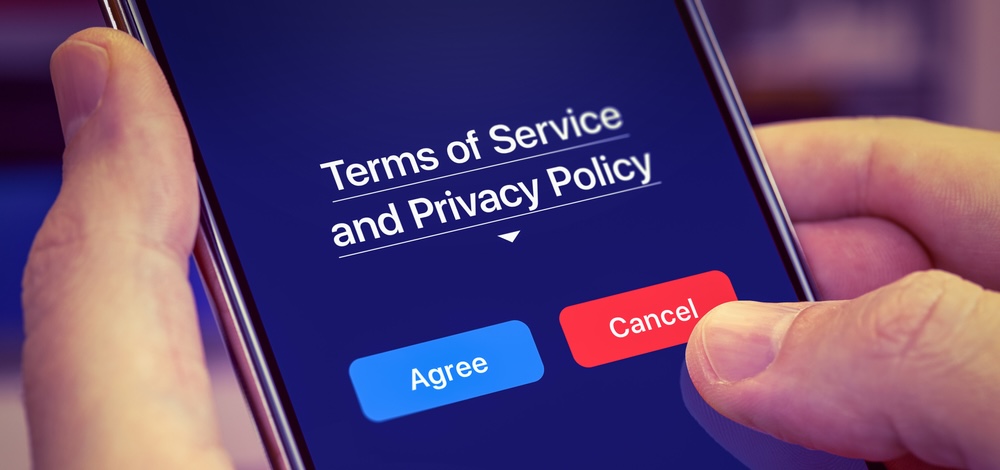New Jersey’s Message to Uber: “I Think It Is Cold and Calculated”

A powerful new bill moving through the New Jersey Legislature takes direct aim at Uber’s controversial use of forced arbitration in consumer contracts. Prompted by a deeply personal Uber lawsuit pursued by a New Jersey couple, the legislation seeks to restore fairness, transparency, and basic rights for consumers who unknowingly agree to binding arbitration when signing up for apps.
A Crash, a Pizza, and a Legal Nightmare: The Latest in a New Jersey Couple’s Uber Lawsuit
In March 2022, Georgia and John McGinty were passengers in an Uber when their vehicle was struck in a violent crash, leaving both with serious injuries. When they attempted to hold Uber accountable through a lawsuit, the company pointed to an arbitration clause in their user agreement. The court sided with Uber, barring the couple from a jury trial.
Here’s the twist: the McGintys didn’t hail the ride that night—an Uber driver did after their car broke down. Uber’s legal team argued that Georgia McGinty had already consented to arbitration by signing up for the app in 2015, and that her minor daughter had further accepted the terms by ordering a pizza on Uber Eats months before the accident.
In a powerful statement to lawmakers, Georgia McGinty said, “The ordering of a pizza should not waive your right to a trial if you are injured in a personal injury suit in a car accident months later.”
A Bill to Rein In Overreach
Outraged by the injustice, the New Jersey Senate Commerce Committee unanimously advanced a bill designed to prohibit businesses from applying arbitration clauses beyond the specific service a consumer agreed to—such as trying to apply an Uber Eats clause to an Uber car crash.
Senate President Nicholas Scutari, who sponsored the bill, called these sweeping terms “deceptive.” The bill would require arbitration clauses to be clearly limited to the transaction or service at hand, rather than quietly applying to unrelated future incidents.
Heated Hearing: Cold, Calculated, and “Repulsive”
The bill’s committee hearing drew intense scrutiny of Uber’s arguments. In particular, Uber attorney David Daniel’s claim that Uber’s terms were “clear” was met with fierce pushback.
Republican Sen. Jon Bramnick did not mince words. “I heard your answers. I think it’s cold and calculated,” he said, condemning Uber’s reliance on vague and far-reaching legal language to block consumer lawsuits.
Sen. Joe Cryan went even further, declaring Daniel’s argument “repulsive” during the hearing—a rare, sharp rebuke reflecting the growing bipartisan frustration over consumer exploitation in digital contracts.
The Path Forward: The Public’s Right to Justice Through an Uber Lawsuit
The bill has backing from consumer groups, including the New Jersey Association for Justice, whose president described it as a “common sense” move to re-center fairness in contracts written by corporations with vastly more legal power than individual users.
At Drazin and Warshaw and UberHurtMe.com, we also support the bill. We know all too well how vital it is for victims of negligence to have their voices heard in a courtroom, not silenced behind closed doors. This legislation is a promising step toward restoring the public’s right to justice.
To learn more, read the full story from the New Jersey Monitor here.








